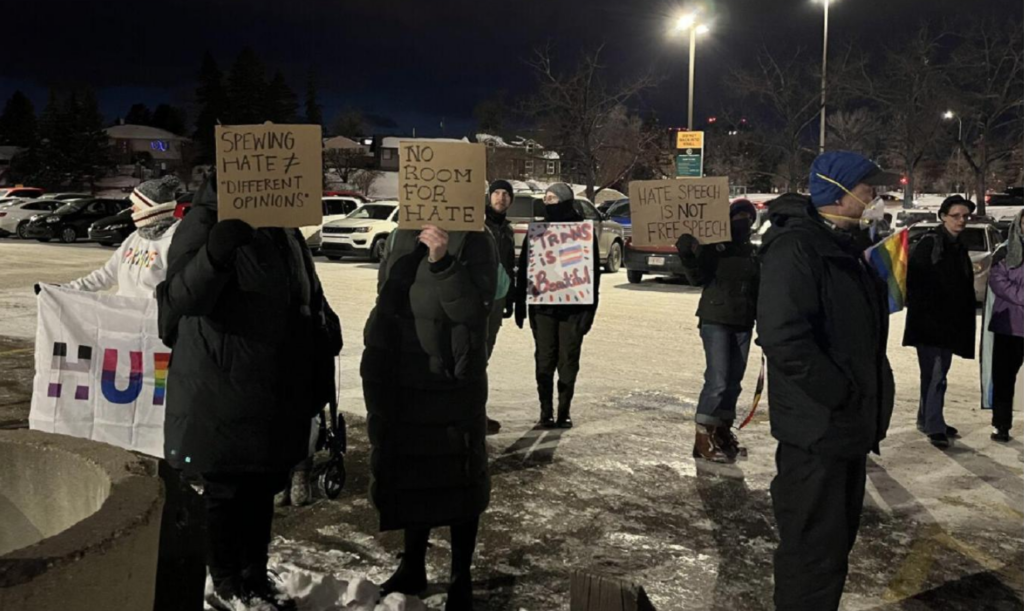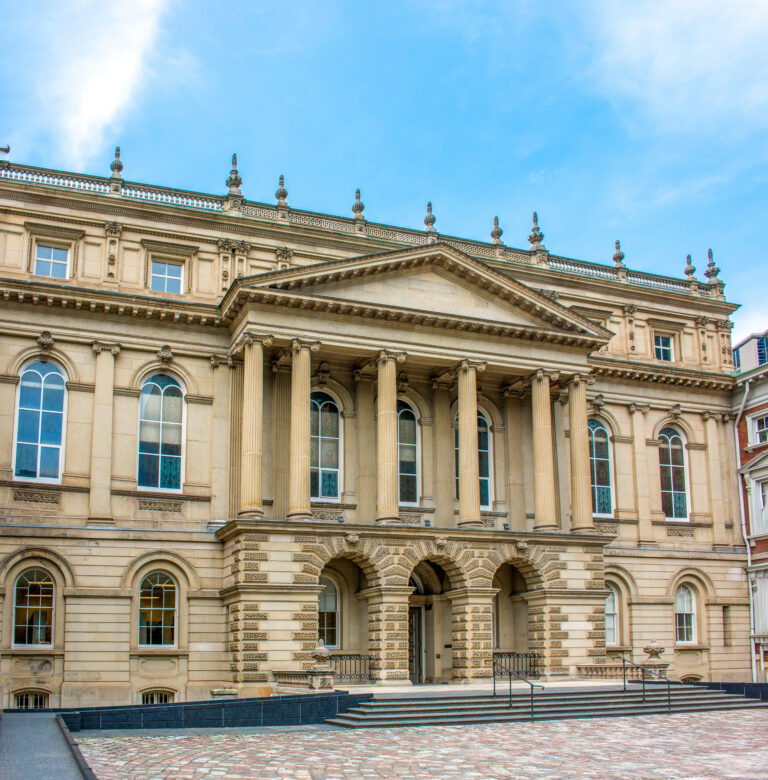In his condoning the use of the Emergencies Act to ruthlessly crush the peaceful protest in Ottawa in February 2022, Justice Paul Rouleau recommends that governments address the “serious challenges that misinformation, disinformation, and other online harms present to individuals and Canadian society.”
Indeed, free speech poses “serious challenges” to autocrats, ideologues and theocrats of every stripe, who want to censor ideas which they deem to be false. How can you possibly subjugate or tyrannize 38,000,000 Canadians if each one is thinking for herself, considering evidence, using logic, and forming their own conclusions? Tyranny cannot function effectively without the government imposing its “truth” to keep citizens obedient.
Falsehoods, lies, misinformation and disinformation have plagued humanity for all of recorded history. As a solution to these serious challenges, Justice Rouleau seems to be advocating for the use of coercive state power to impose or enforce the “truth” as determined by governing elites. If this is not the case, why recommend that governments (as opposed to the Canadian people) “address” misinformation and disinformation?
From medieval monarchs to twentieth-century communists, fascists and theocrats, human history holds no shortage of people who are so high on themselves that they will silence those who disagree with them. It’s always the same refrain: “free speech for me, but not for thee.”
Since no man will admit to pure arrogance and hunger-for-power as the basis for his desire to censor and silence his fellow citizens, this century’s fascists (like those of the last century) dress up their censorship demands as necessary to “save” society from the “harms” of misinformation and disinformation.
There is nothing new here: Canada’s Criminal Code once prohibited “spreading false news,” until the Supreme Court struck down this section in 1992 as an unreasonable and unjustified restriction on free expression. Dating back to 1275, this criminal prohibition on spreading misinformation was justified as necessary to protect the security of the state, and to prevent occasions of “discord or slander” from growing “between the King and his People, or the Great Men of the Realm.” It was all about preserving political harmony in the state from “disinformation” (false news). Sound familiar?
Protecting people from the harms of false news sounds like a great idea, in theory. But who gets to decide what constitutes “misinformation” and “disinformation”? The King? Politicians? Bureaucrats? Religious authorities? Universities? Wealthy elites? Human rights tribunals? The various establishments who control or dominate media, education, culture, art, and entertainment? Those who currently dominate the legal, medical, and other professions? The CBC? Other government-funded media?
Which individual, or which group, gets to be in charge of deciding on behalf of all society what is true or false? Who gets to have the power to punish “public enemies” for violating established orthodoxies?
In 2021, politicians and their government-funded media declared with supreme confidence that the new vaccine would protect people from COVID and stop the spread of COVID. Saying otherwise was considered “misinformation” in 2021. Only two years later, we know in 2023 that the COVID vaccine did not prevent people from getting sick with COVID, and that the vaccine did not stop the spread of this virus.
Should politicians have had the power in 2021 to punish the “misinformation” which two years later has proven to be true? I suspect that the prime minister and premiers would have loved nothing more!
Stanford University professor Jay Bhattacharya stated on Twitter: “The push to police ‘misinformation’ comes from people who think they are right about everything but cannot provide convincing arguments about much of anything.”
Using coercive state power to silence and censor those with whom we disagree is the lazy and intellectually dishonest substitute for doing the hard work of making one’s case. Using facts and logic to persuade one’s neighbours about an idea or proposal can be tiring and frustrating. Watching police arrest dissenters, and seeing the state crush minority opinions, requires neither energy nor effort nor brains.
Justice Rouleau includes a reference to “preserving freedom of expression” with his suggestion that governments “address” misinformation and disinformation. The danger in this broad suggestion lies in what steps the government of the day might take to “address” the supposed harms. Freedom of expression cannot be “preserved” when government (or any individual or group) acquires the authority to determine what is true and false. If governments wish to combat misinformation and disinformation, they should start by cleaning up their own act.
What distinguishes a free society from a repressive regime is the right of every citizen to speak their mind without any fear of punishment, reprisal, or state-enforced consequences. In contrast, a repressive regime empowers certain elites to enforce political, religious or ideological orthodoxies.
Historical and current examples include regimes run by communists, national socialists, fascists, theocrats and other ideologues who are so convinced of their ideology’s “truth” that they will crush every right and freedom that may stand in its way. The crushing of dissent need not involve jack boots or prison terms. Threatening doctors, nurses, lawyers, psychologists, teachers, and other professionals with the loss of their license and livelihood is a very effective form of censorship.
Tyranny, repression, and censorship are not the answer to misinformation and disinformation. Rather, falsehoods of every kind should be exposed and repudiated by truth-loving citizens who are willing to do the hard work of thinking, reasoning, and engaging in discussion with their neighbours and their elected representatives.
The role of government is to refrain from spreading misinformation and disinformation, and to uphold the right of every citizen to speak freely.
John Carpay, Western Standard








